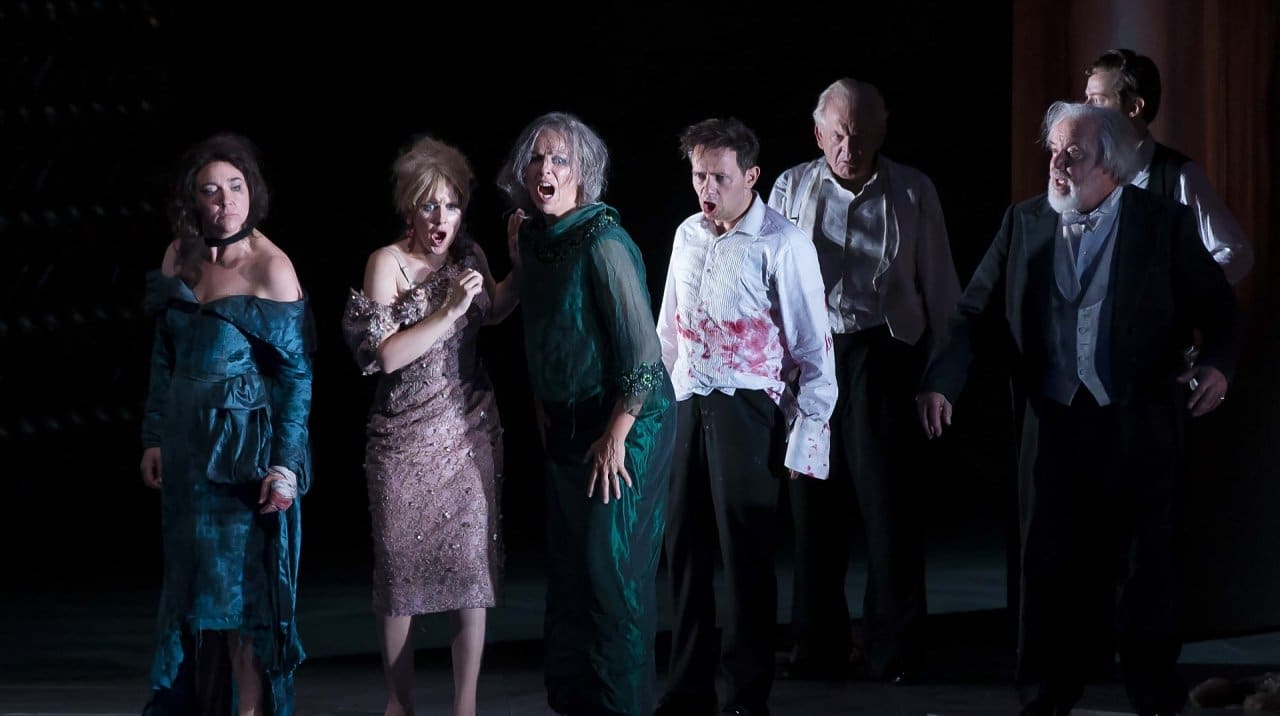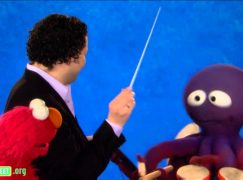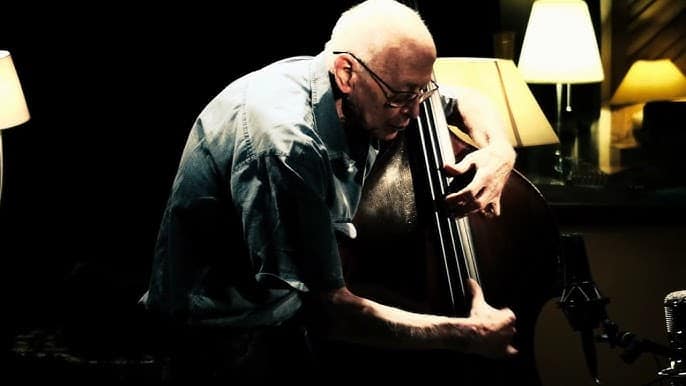Thomas Ades’s Salzburg opera scored a 91% ticket sale
mainThe Exterminating Angel was extolled by most UK critics and equivocated over by Austro-German media.
But box-office business was red-hot, according to official figures released last night. ‘This is an enormous uptake for a contemporary opera’, said a festival spokesperson.
Overall, the Salzburg Festival sold 96 percent of its tickets this summer.






I wouldn’t call the ticeket sale for Ades’s opera red hot. Most tickets for the Salzburg Festival are sold far in advance, before prermiere. 91 % is still significantly below the average of the festival in total and opera. Nevertheless, these are good figures for contemporary opera. We will get an better impression whether the public accepts the opera when the production goes to the other houses (Royal Opera House, Met, Kopenhagen).
The Salzburg figures are in any case deliberately misleading. By using the word ‘Platzauslastung’, they refer to ‘bums on seats’. These are a mixture of genuinely bought full-price tickets, alongside reduced-price and press tickets. Observers this summer have noted a large number of obviously given-away seats for both a number of orchestral and chamber concerts and for the very second-rate Da Ponte cycle. All Theatre, West Side Story and the inevitable’Netrebko show’ performances were indeed sold out. It would be far more interesting to be told the all-over figures for ‘Wertauslastung’ i.e. Genuinely sold fully paid tickets, which are more likely to be around 85%.
…. which is still a good result.
Interesting is the difference in press appreciation. In the German-speaking world, Ades is probably still rather unknown, and his (post-)modern mix, which can in itself be considered equivocal, will strike critics as not quite ‘modern’, used as they are to the German variety of postwar misery.
Interestingly, Paul Griffiths once described Ferneyhough’s music as post-modern. In other words, his last truly modern pieces dated from the 1960s.
Interesting indeed…. From which follows that the concept of ‘modern’ moves along the time line. Which means that it does not define any value apart from its continuous moving position, which is history, not quality.